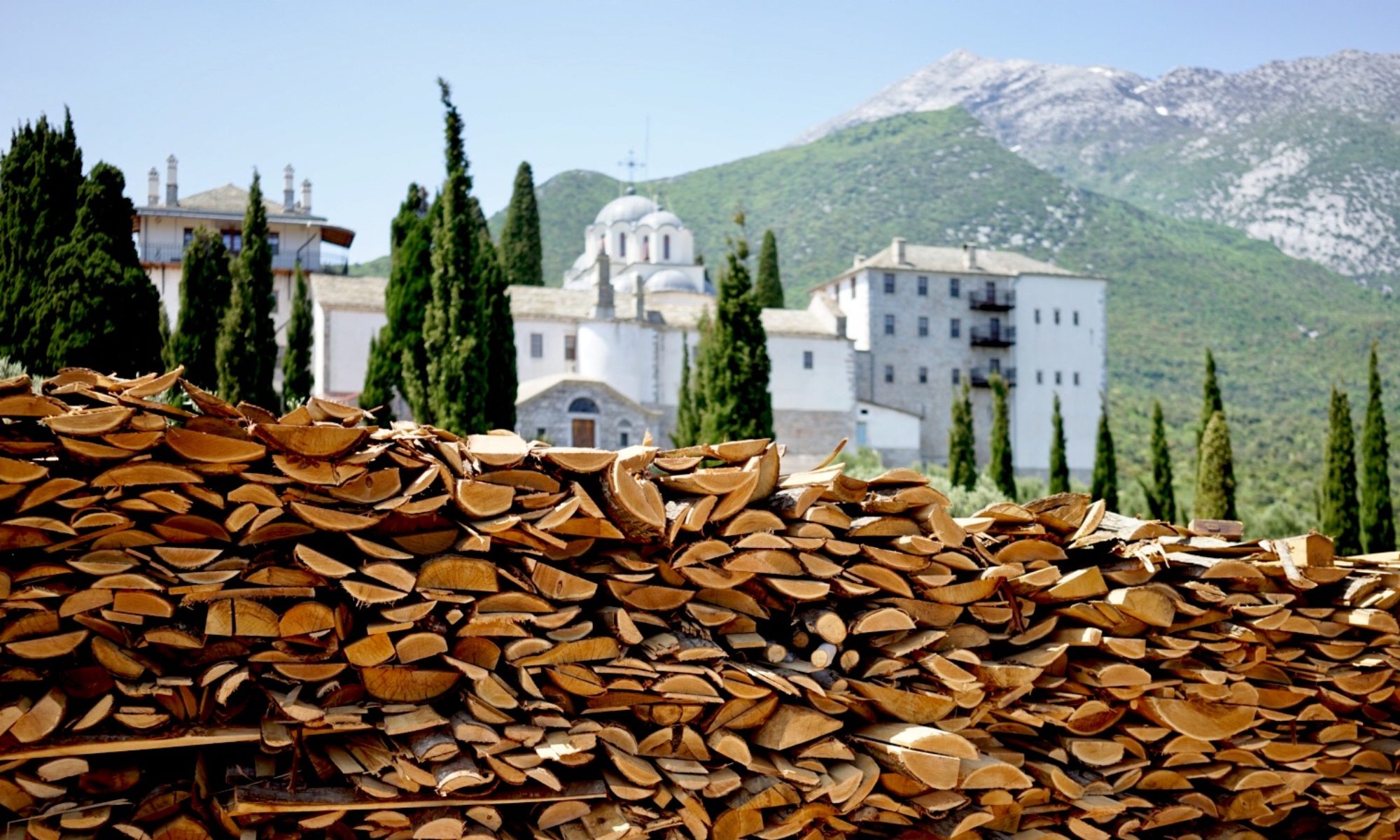I recently stumbled upon an older interview with Bishop Kalistos Ware‚ one of the most known Orthodox converts‚ and‚ with great pleasure I’ve rediscovered a passage that always struck a delicate chord in my heart. Here it is.:
“I first came to know the Orthodox Church when I was seventeen years old‚ just before I was due to go to university. My first contact with Orthodoxy was‚ in fact‚ not through reading books and not through meeting‚ face to face‚ living Orthodox Christians; my first contact came through attending a church service. That‚ I think‚ is the best way to be introduced to the Orthodox Church. We shouldn’t see Orthodoxy just as a set of ideas or teachings. We need to see Orthodoxy as a worshiping community—a community of prayer. I first got to know the Orthodox Church one Saturday evening. By chance or by Divine Providence‚ I went into the Russian church in London (that particular church has long since been pulled down). The vigil service was in progress. From that moment I felt‚ “This is where I belong‚” even though I couldn’t‚ of course‚ understand the service because it was all in Slavonic. I knew enough to realize that this must be an Orthodox church‚ and what impressed me was the feeling at that service of invisible worshippers. …I had a sense of the participation of the heavenly community in our earthly worship. I felt that we were being taken up into an action much larger than ourselves. I felt a unity between heaven and earth‚ and when I talk to people who are thinking about becoming Orthodox‚ I speak of that. They should experience Orthodoxy in this way—a worshiping community in which there is no division between earth and heaven.”
The reason I like this passage is because it goes out to explain what Orthodoxy means without getting caught up in theological discussions‚ dogmatic ideology or sterile historical facts‚ but brings out the only important matter we have a tendency to forget many times: we are coming to church because we want to worship God. The theology‚ dogmas‚ history etc. are all secondary to worship. After all‚ the word “orthodox” means the right glory or worship and only later took the meaning of right teaching. If we are not moved by the worship in the Orthodox Church then we are definitely in the wrong place.
You can read the entire interview at the following link:
The worshipping community‚
Our beloved Bishop Kalistos Ware (whom I had the chance to meet some years ago) is also telling the story of how strickingly powerful such an exposure to a vivid liturgical prayer can be. It is as simple as that: sometimes it’s profound dynamics can lead not only to stronger ties among the participants but to new converts and dramatic life experiences.
Would have Bishop Kalistos experienced the same thing in a “deserted” church‚ in one where that gust of prayer could not be heard?
Is this what makes one church different than the other? A monastery different than a parish church‚ in general?
Indeed the community can make a difference‚ you can either be encouraged or discouraged in joining a certain congregation based on the way people act during or after services.
This being said we don’t have to forget that this is only the physical part of our worship. The mystery‚ the sacrament‚ takes place no matter what the people do‚ because is the Holy Spirit that performs it‚ but‚ what each person takes home is proportionate with their involvement in the service.
The church is in everyone’s heart and if you have it open to receive the Spirit that flows through it you can receive as much in a noisy church full of people from a big city as well as in an isolated monastery from the mountains.
The mystical liturgy is there‚ but only the one that has eyes to see sees it. I think the seeker that comes with an open heart‚ looking at what is beyond appeareances‚ will still be moved by the spirit of the Orthodox liturgical services‚ despite what the people May do. If one honestly looks for the Truth the Truth Himself will lead his way.